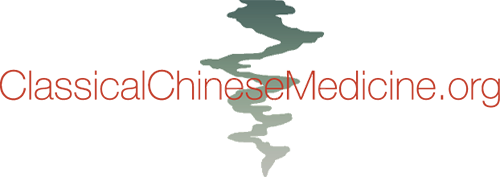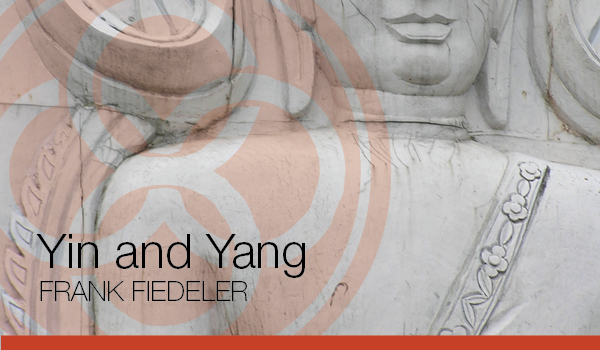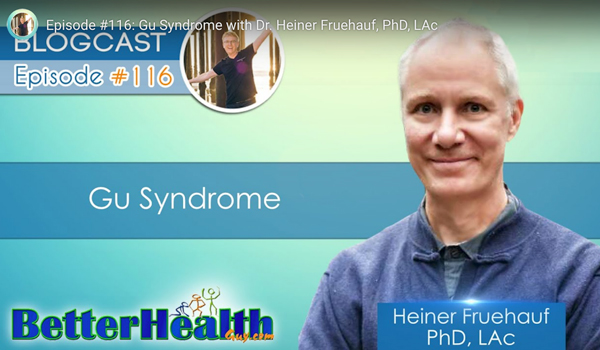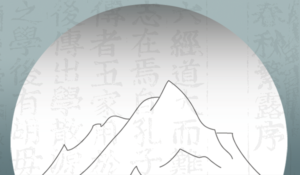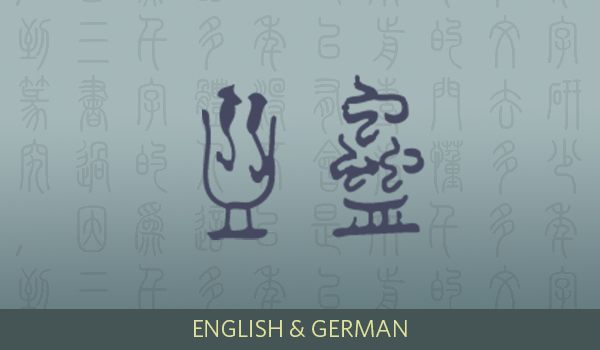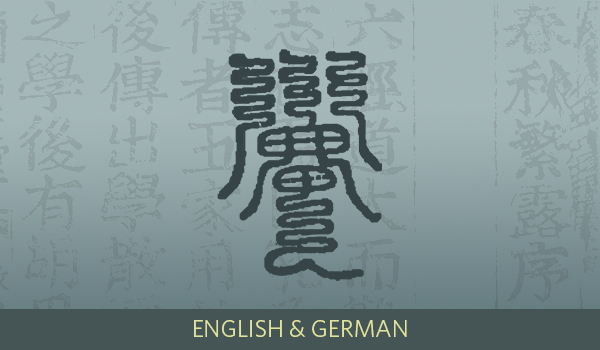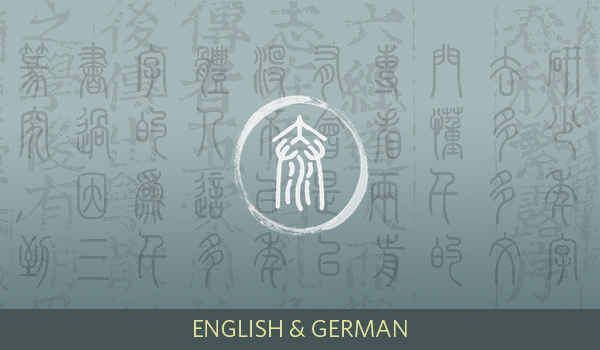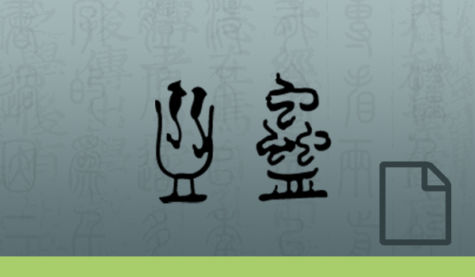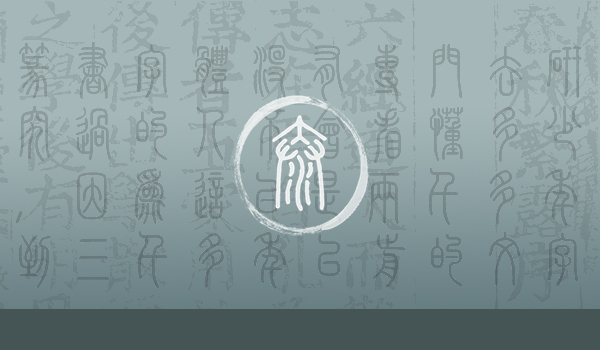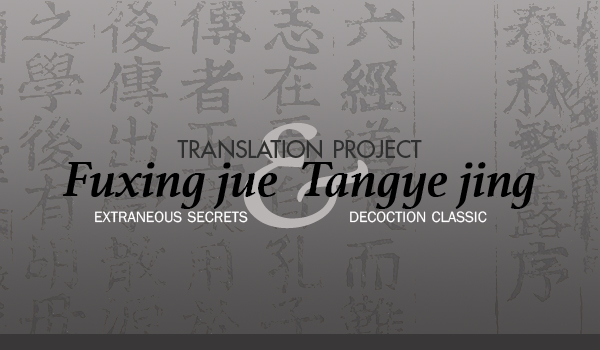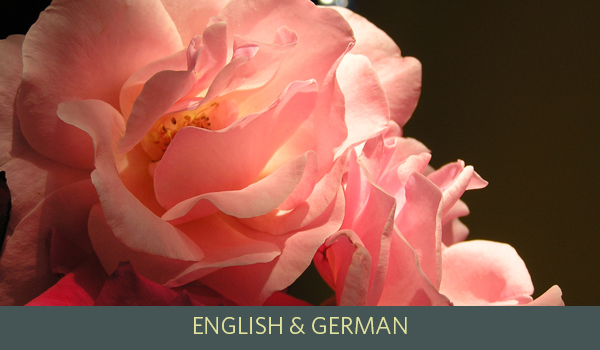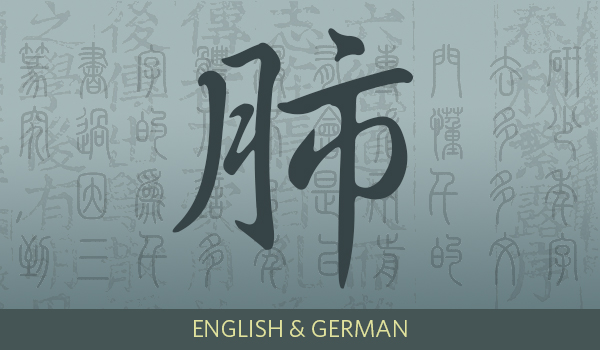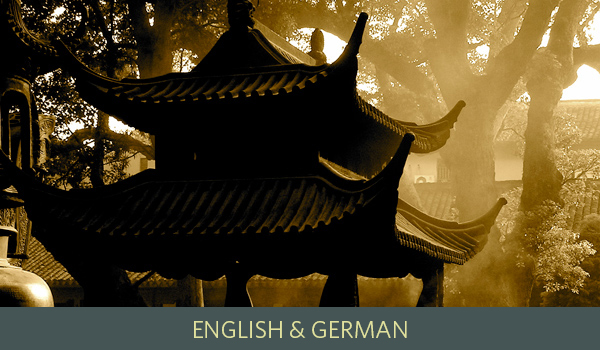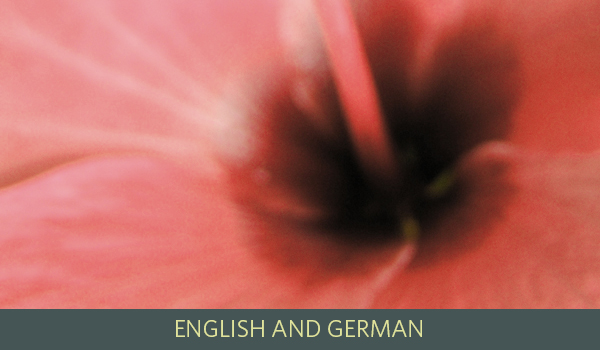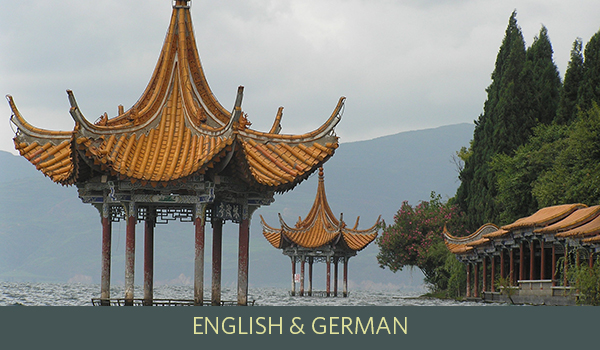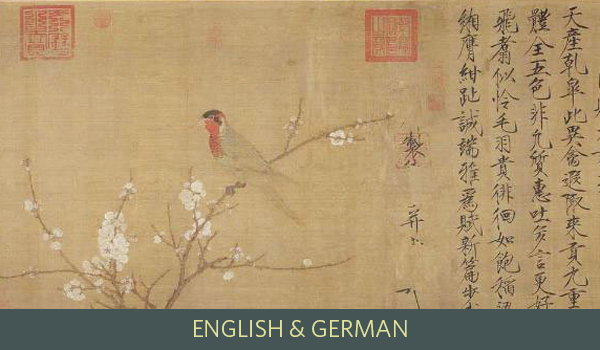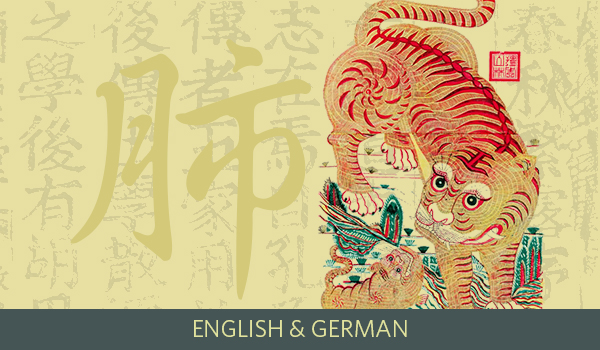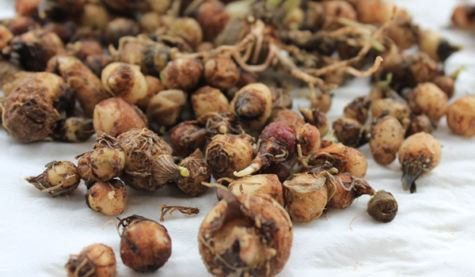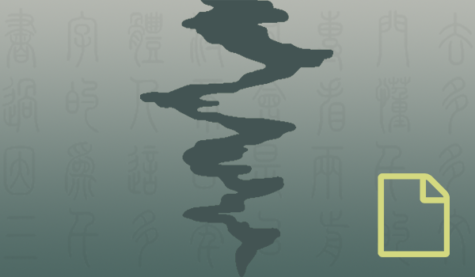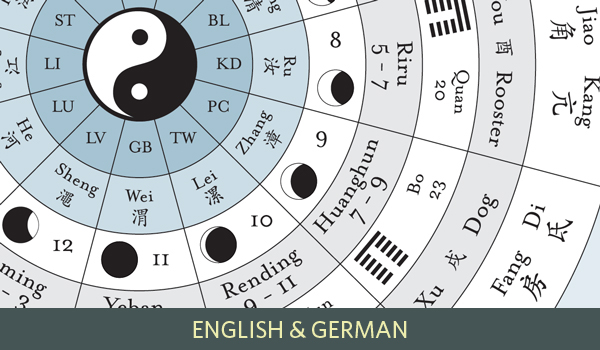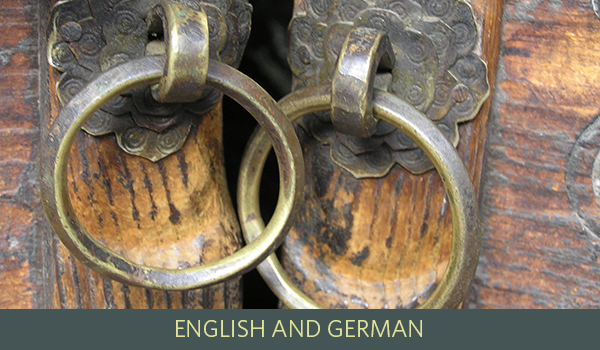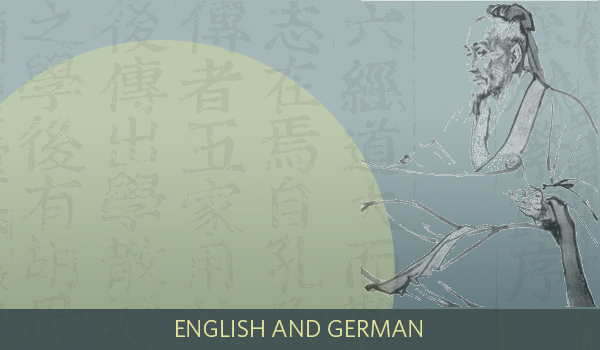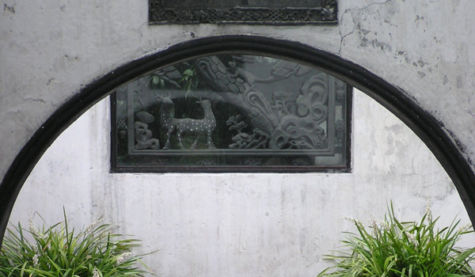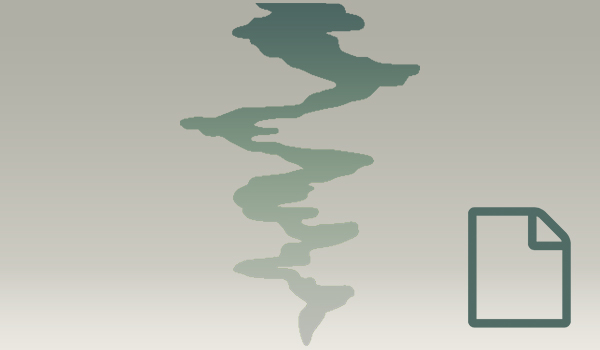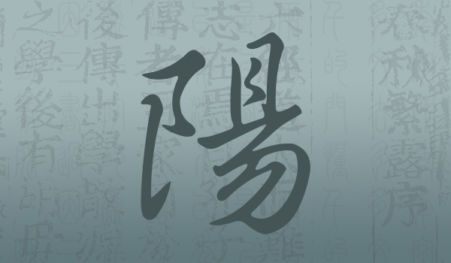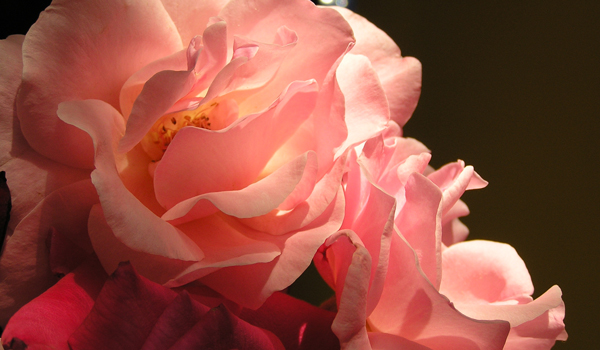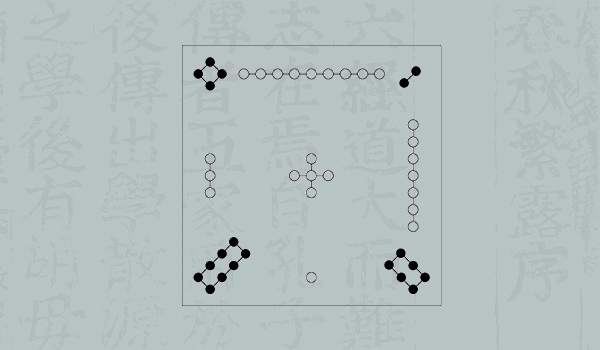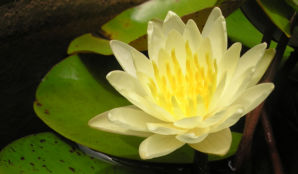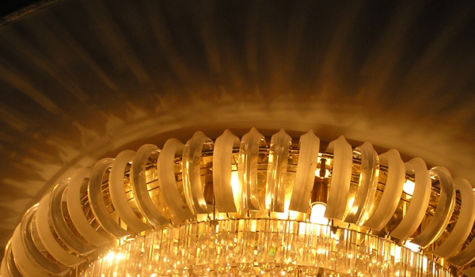Member Articles
Welcome to the Members Articles page. We feature an eclectic array of in-depth scholarly and clinically relevant writings from teachers, clinicians, and students of Chinese medicine.
There are several series and collections, as well as articles and translations from individual authors that explore a variety of topics in classical Chinese medicine, qigong, and classical medical texts. We invite you to explore the content on this page, and let us know if you would like to publish or cite an article in your research, thesis, or publication.
Gain access to members-only content. Learn more about becoming a member ››
SERIES
“Yin and Yang”
FRANK FIEDELER
These original translations are from the volume Yin und Yang (Yin and Yang), by the late Prof. Frank Fiedeler, one of the best modern interpreters of the Yijing, and is one of the few scholars who have made the symbolic methodology of Han and pre-Han dynasty thought accessible for the field of Chinese medicine.
COLLECTION
Gu Syndrome (Chronic Parasitism and Chronic Inflammatory Conditions)
HEINER FRUEHAUF
National University of Natural Medicine, College of Classical Chinese Medicine
A close examination of original texts illuminates the mysterious concept of Gu syndrome as a valid clinical approach that may potentially provide an answer to the many invisible ‘demons’ that plague patients in a modem age, namely systemic funguses, parasites, viruses and other hidden pathogens. This series presents a variety resources and information based on over 25 years of scholarship and clinical work of Heiner Fruehauf.
Please note: some of these articles also appear in the public articles section of this website. We have included the entire series here for organizational purposes and for the convenience of our members.
Gu Syndrome with Dr. Heiner Fruehauf, PhD, LAc (Episode #116)
WITH HEINER FRUEHAUF
INTERVIEW BY SCOTT FORSGREN
In a wide-ranging interview with health writer Scott Forsgren, Heiner outlines the unique relevance of anti-Gu treatment strategies for many modern mystery afflictions such as Lyme disease, fibromyalgia and chronic fatigue disorder. He shares practical advice based on his own clinical experience with inflammatory disorders that involve chronic overwhelm of the immune system by multiple layers of inflammatory pathogens like viruses, spirochetes, fungi and a variety of recalcitrant biofilms. Heiner points, out, moreover, that ancient Gu Syndrome treatment approaches may even contain potential lessons for the treatment of COVID-19.
Voice from the Mountaintop: Heiner Fruehauf on Traditional Chinese Medicine and Lyme Disease (3 Parts)
WITH HEINER FRUEHAUF
INTERVIEW BY REGINA WEICHART
Chinese medicine continues to be an extremely relevant clinical modality in modern times, in part because an increasing array of chronic disorders with autoimmune implications remain unrecognized, unexplained and unresolved by the parameters of western medicine. In this interview, Heiner Fruehauf explains the unique benefits and potential advantages of the Chinese medicine approach to patients and practitioners working with Lyme Disease, Fibromyalgia, and Chronic Fatigue Syndrome.
Driving Out Demons and Snakes: Gu Syndrome, A Forgotten Clinical Approach to Chronic Parasitism
BY HEINER FRUEHAUF
GERMAN TRANSLATION BY MARKUS GOEKE
This presentation is an attempt to participate in the process of ‘medical archaeology’ by exploring one of the submerged areas of Oriental medicine, namely the complex and variegated clinical approach to the diagnosis and treatment of Gu syndrome (gu zheng). A review of the modern research literature shows that this topic has remained virtually unexplored in both China and the West. Although there are too many classical references to entirely ignore the phenomenon of Gu syndrome, mainland Chinese scholars generally dismiss it as an “ancient, feudalist and superstitious” belief in demons and exorcist practices that has little or no value in modern clinical practice.
Lyme Disease: An In-Depth Interview with Heiner Fruehauf
WITH HEINER FRUEHAUF
INTERVIEW BY BOB QUINN,
WITH ERIN MORELAND
In the spring of 2011 Heiner Fruehauf, PhD, LAc sat down with his student and colleague, Bob Quinn, DAOM, LAc to discuss the finer points of “Brain Gu” syndrome, specifically as it pertains to the treatment of Lyme Disease. This discussion is best understood as a follow-up to and elaboration of the ideas presented in Heiner and Quinn’s earlier interview about Gu syndrome published in the fall of 2008 and available in the public part of this website.
Gu Syndrome: An In-depth Interview with Heiner Fruehauf
WITH HEINER FRUEHAUF
INTERVIEW BY BOB QUINN,
WITH ERIN MORELAND
GERMAN TRANSLATION BY SEPP LEEB
In the autumn of 2008 Heiner Fruehauf, PhD, LAc, sat down with two of his students, Bob Quinn, DAOM, LAc and Erin Moreland, LAc, to discuss the finer points of Gu syndrome treatment. This discussion is best understood as a follow-up to and elaboration of the ideas presented in Heiner’s earlier article on Gu syndrome published in the 1998 May issue of The Journal of Chinese Medicine.
Traditional Chinese Approaches to Gu Syndrome: Two 18th Century Examples
BY HEINER FRUEHAUF
GERMAN TRANSLATION BY MARKUS GOEKE
Heiner Fruehauf has researched the ancient symbolism that defines the finer points of Chinese organ network function for 10 years. His prolific research project will eventually culminate in the creation of an illustrated compendium on the macrocosmic and microcosmic ramifications of organ network theory. Since the publication of this effort is still years away, he has decided to make a selection from his cache of existing research papers available now by publishing them on ClassicalChineseMedicine.org. The first installment of these papers consists of a detailed etymological analysis of the character of fei 肺 (lung), and the defining statement on the lung’s function/office in chapter 8 of the Huangdi neijing suwen.
Thunder Pearls – An Effective Chinese Herbal Treatment for Chronic Parasitism
BY HEINER FRUEHAUF
GERMAN TRANSLATION BY MARKUS GOEKE
This from a series of transcripts of video lectures from ClassicalPearls.org, the site for herbal formulas based on over thirty years of clinical and academic research by Prof. Heiner Fruehauf. Thunder Pearls Chinese herbal formula is a unique remedy for the important clinical phenomenon of “Abdominal Gu Syndrome”: difficult and treatment resistant diseases caused by chronic, often undiagnosable parasitic infections of the digestive system. This formulation, as Dr. Fruehauf presents, is sourced from ancient Daoist medicine texts and personally proven many times in modern clinical practice.This statement has not been evaluated by the FDA.
REPRINTED WITH PERMISSION FROM CLASSICAL PEARLS HERBAL FORMULAS
An Ancient Solution for Modern Diseases: “Gu Syndrome” and Chronic Inflammatory Diseases with Autoimmune Complications (An Interview with Heiner Fruehauf)
WITH HEINER FRUEHAUF
INTERVIEW BY GORDANA SMITH
After his prolific trip to China in the summer of 2014 to discover new sources of herbs, Heiner Fruehauf has returned with a refresh body of knowledge, that when synthesized with his over 30 years of clinical experience in Chinese medicine, offers greater insight into his body of work about Gu Syndrome (chronic parasitism) and treating complex autoimmune disorders with Chinese medicine.
The Black Label of Classical Pearls: Thunder Pearls, Lightning Pearls, and Dragon Pearls
PRESENTED BY HEINER FRUEHAUF
LECTURE TRANSCRIPT
I am happy to report consistent feedback from practitioners around the world reflecting that the very first remedies of the Classical Pearls series are making a real clinical impact. Thunder Pearls and Lightning Pearls, the Classical Pearls formulas with the enigmatic black label are meeting the goal that was set for them when they were first created: to fill a conceptual and clinical void for the treatment of chronic inflammatory diseases that induce great physical and emotional suffering, yet which often remain undiagnosed, hidden in the dark and out of therapeutic reach for most Western medicine and TCM practitioners.
SERIES
Fuxing Jue and Tangye Jing Translation Project
HEINER FRUEHAUF AND MICHAEL DELL’ORFANO
National University of Natural Medicine, College of Classical Chinese Medicine
Extraneous Secrets: The Essential Method of Using Medicinal Substances for Differential Treatment of the Organ Networks
Attributed to the Hermit of Huayang, Tao Hongjing (456-536), as recorded and transmitted by Zhang Dachang (1926-1995) and his disciples
This long-term translation project of the Fuxing jue (Extraneous Secrets) and Tangye jing (Decoction Classic) contains translated chapters by Michael Dell’orfano, and are edited and crititcally annotated by Heiner Fruehauf. In addition, there are also Commentaries by Michael Dell’orfano.
AUTHOR SERIES
Articles & Translations
HEINER FRUEHAUF
National University of Natural Medicine, College of Classical Chinese Medicine
All Disease Comes From the Heart: The Pivotal Role of the Emotions in Classical Chinese Medicine
BY HEINER FRUEHAUF
National University of Natural Medicine,
College of Classical Chinese Medicine
Most modern clinicians find that a majority of their patients suffer from the symptom complex generally referred to as “stress.” Emotional stress, however, is usually regarded as a confounding rather than a causative factor in pathophysiology. This assessment is contrary to the tenets of classical Chinese medicine, which originally regarded emotional imbalance as a spiritual affliction of primary significance. While ancient Chinese philosophy considered emotional sensibility as our greatest asset in the process of fulfilling human destiny, it also regarded human temperaments as our greatest liability due to vast pathogenetic potential.
Etymological Analysis of the Defining Quote on the Lung Official in Chapter Eight of the Huangdi neijing suwen (肺者,相傅之官,治節出焉)
TRANSLATED BY HEINER FRUEHAUF
National University of Natural Medicine,
College of Classical Chinese Medicine
A collection of classical texts are used etymologically to define the symbolic significance of the language in Huangdi neijing suwenChapter Eight, the defining quote about the lung organ network.
GERMAN TRANSLATION BY MARKUS GOEKE
Chinese Medicine In Crisis: Science, Politics, and the Making of “TCM”
BY HEINER FRUEHAUF
GERMAN TRANSLATION BY SEPP LEEB
This article is based on the conviction that the traditional art of Oriental medicine is dying—both in mainland China, home of the mother trunk of the field, and consequently overseas where branches of the tree are trying to grow. It may be an anachronistic piece, written at a time when TCM administrators around the world are celebrating major advances in the field, such as increasing numbers of students, practitioners, patients, colleges, universities, and hospitals, which all appear to reflect a booming state of Oriental medicine.
Selections from Shan Yutang, Annotated Excerpts from the Shanghan Lun With Suggestions for Acupuncture and Moxibustion Therapy (1984): “Shaoyang”
BY SHAN YUTANG
TRANSLATED BY HEINER FRUEHAUF
One of modern China’s last masters of acupuncture interprets shaoyang function and provides a model for transforming Shanghan lun information into elegant point prescriptions.
GERMAN TRANSLATION BY MARKUS GOEKE
Reflections on the Relationship of Traditional Wisdom, Precision, and Clinical Efficacy in the Herbal Science of Chinese Medicine (2 Parts)
BY HEINER FRUEHAUF
National University of Natural Medicine,
College of Classical Chinese Medicine
This essay represents Heiner’s contribution to 2011’s Fuyang suntan (Discussion Forum on Supporting the Yang), China’s premier conference dedicated to upholding the roots of classical Chinese medicine. He notes the enormous transformative potential that natural medicine holds in the precarious times we live in, and underscores the importance of clinical efficacy in the process of promoting our medicine. In particular, he points out the importance of the “technological” details of the clinical encounter in Chinese medicine, which have been the basis for optimum clinical results in the past. In Part 2, he shares some aspects of his personal journey toward mastering the details of precise herb prescribing.
ENGLISH / GERMAN / CHINESE
GERMAN TRANSLATION BY MARKUS GOEKE
All Disease Comes From the Heart: The Pivotal Role of the Emotions in Classical Chinese Medicine
BY HEINER FRUEHAUF
National University of Natural Medicine,
College of Classical Chinese Medicine
Most modern clinicians find that a majority of their patients suffer from the symptom complex generally referred to as “stress.” Emotional stress, however, is usually regarded as a confounding rather than a causative factor in pathophysiology. This assessment is contrary to the tenets of classical Chinese medicine, which originally regarded emotional imbalance as a spiritual affliction of primary significance. While ancient Chinese philosophy considered emotional sensibility as our greatest asset in the process of fulfilling human destiny, it also regarded human temperaments as our greatest liability due to vast pathogenetic potential.
Gancao Xiexin Tang (Licorice Purge the Heart Decoction): A Forgotten Key Remedy For the Treatment of Toxic Skin Conditions
BY HEINER FRUEHAUF
GERMAN TRANSLATION BY MARKUS GOEKE
Gancao Xiexin Tang was first recorded by the Han physician Zhang Zhongjing about 1,800 years ago. Both Shanghan lun and Jingui yaolüe, the now separated parts of his classic guidebook on herbal formulas (Shanghan zabing lun), cite this particular formula. In modern times, this formula is usually regarded as a variation of the widely used Pinellia Purge the Heart Decoction (Banxia Xiexin Tang) and thus most often prescribed as a remedy for Banxia Xiexin Tang symptom complex (discomfort in stomach area, belching, diarrhea). This is precisely the usage suggested for this remedy in the Shanghai lan, where Gancao Xiexin Tang and Shengjiang Xiexin Tang are listed as variations of the standard Banxia Xiexin Tang.
The Lung and the Tiger Image: An Example of Decoding the Symbolic Record of Chinese Medicine
BY HEINER FRUEHAUF
National University of Natural Medicine,
College of Classical Chinese Medicine
Heiner Fruehauf has researched the ancient symbolism that defines the finer points of Chinese organ network function for 10 years. His prolific research project will eventually culminate in the creation of an illustrated compendium on the macrocosmic and microcosmic ramifications of organ network theory. Since the publication of this effort is still years away, he has decided to make a selection from his cache of existing research papers available now by publishing them on ClassicalChineseMedicine.org. The first installment of these papers consists of a detailed etymological analysis of the character of fei 肺 (lung), and the defining statement on the lung’s function/office in chapter 8 of the Huangdi neijing suwen.
GERMAN TRANSLATION BY MARKUS GOEKE
Excerpts from Zhang Xichun’s Materia Medica, in Chinese at Heart But Western Where Appropriate: Essays Investigating an Integrated Form of Medicine (Yixue Zhong Zhong Can Xi Lu, 1933)
BY ZHANG XICHUN
(1960-1933)
INTRODUCED AND TRANSLATED
BY HEINER FRUEHAUF
This original translation explores the clinical efficacy of twelve important Chinese herbs, and gives an example of the highly personal and narrative way in which scholar clinicians used to relate to medicinal plants in the past. Selected from the herbal compendium of one of the last master physicians of the classical era of Chinese medicine.
Han Fa – The Sweating (diaphoretic) Method
BY CHENG GUOPENG
Scholar, Qing Dynasty
TRANSLATED BY HEINER FRUEHAUF
Cheng Guopeng is one of the seminal scholar-physicians of the early Qing dynasty. At the height of his career, he synthesized his personal insights derived from a life-long study of the classics, especially Zhang Zhongjing’s Shanghan lun, and his clinical experience by writing the book Enlightened Insights into the Science of Medicine (Yixue xinwu, 1732). This thin yet influential work first spelled out the system of the so-called Eight Parameters (bagang) and the Eight Treatment Methods (bafa), which since have become the standard diagnostic parameters of Chinese medicine. His introduction to the “Sweating Method” (Hanfa) is an excellent example for the original depth and attention to detail which ancient master physicians brought to their craft.
A Classical Chinese Medicine Perspective on the Nature of Aging and Longevity
BY HEINER FRUEHAUF
National University of Natural Medicine,
College of Classical Chinese Medicine
This essay explores the process of aging by exploring the symbolism of the Chinese organ networks that are initiating the downward and inward spiraling motion on the Chinese organ clock, namely the heart, the small intestine, the bladder, and the kidney.
GERMAN TRANSLATION BY MARKUS GOEKE
AUTHOR SERIES
Articles & Translations
COLLEAGUES AND FRIENDS OF CLASSICALCHINESEMEDICINE.ORG
United States, Europe, and China
Developing the Core Essence of Chinese Medical Science: An Interview With Liu Changlin
WITH LIU CHANGLIN
Chinese Academy of Social Science,
Department of Philosophy
TRANSLATED BY HEINER FRUEHAUF
In these translated excerpts from a comprehensive interview, one of China’s leading theorists explores the philosophical differences between Eastern and Western modes of thinking, and how they shaped two distinct systems of medicine: Chinese medicine, described as a medicine of time, and Western medicine, described as a medicine of space.
FROM THE ESSAY COLLECTION LIU CHANGLIN: CHINESE MEDICINE: PHILOSOPHICAL VIEWS ON THE PROFESSIONS
GERMAN TRANSLATION BY MARKUS GOEKE
Three Yin and Three Yang: Clarifying Zhang Zhongjing’s Diagnostic Approach of the Six Conformations
BY YARON SEIDMAN
Hunyuan Institute
Our associate is an accomplished Chinese medicine physician and emerging scholar on the classical aspects of TCM. His studies with his mentor, Dr. Liu Lihong, have led him to specialize in the six conformation system of Chinese diagnostics introduced in the Shanghan lun. He is presently writing a book on treating infertility with Chinese herbs, wherein he is discussing his thoughts on the deeper meaning of the “three yin and three yang” system. He has allowed us to a preview parts of the book in the Associates Forum—a must read for everyone interested in six conformation theory.
GERMAN TRANSLATION BY MARKUS GOEKE
The Superior Physician: Medical Practice As Seen Through the Yijing’s Junzi (2 Parts)
BY SUZANNA LOWBEER
Our associate has contributed this two-part research paper to our collection of work as an abbreviated version of a project that garnered the Best Thesis award during her academic tenure. These articles describe the role of the junzi by the Yijing as a person who recognizes himself as an instrument of heaven, and whose main purpose is to help others using diagnostic and treatment knowledge, by integrating with the community he[she] serves, and by illustrating to other healers the importance of spiritual cultivation in one’s practice.
On Daoist Calligraphy and the Art of Nourishing Life: Pure and Centered Brush Strokes Cultivate a Pure and Peaceful Heart
BY ABBOT YANG XU
Yuntai Guan Monastery, Sichuan, China
ENGLISH / CHINESE
TRANSLATED BY HEINER FRUEHAUF
A concise and beautifully written piece, containing elaborate quotes from ancient texts, on the relationship between calligraphy and longevity.
Clinical Realizations of a Chinese Medicine Physician: The Principle of Supporting Yang (2 Parts)
BY LU CHONGHAN
Assistant Professor, Department of Fundamental Studies, Chengdu Universty of TCM; Lineage Holder of the “Fire Spirit” School of Sichuan herbalism
TRANSLATED BY KENDRA DALE
In this passionate lecture, the main successor of the Sichuan “Fire Spirit” school of aconite, ginger, and cinnamon usage reveals the clinical secrets of his herbal lineage. In an unveiled challenge to the textbook parameters of TCM, Dr. Lu contents that support of yang-qi must override most superficial symptoms of heat and yin deficiency.
LECTURE TRANSCRIPTS
The Principle of Supporting Yang
BY LU CHONGHAN
Assistant Professor, Department of Fundamental Studies, Chengdu Universty of TCM; Lineage Holder of the “Fire Spirit” School of Sichuan herbalism
TRANSLATED BY KENDRA DALE
In this recently published transmission, the main successor of the Sichuan “Fire Spirit” school of aconite, ginger, and cinnamon usage issues a rare manifesto of the leading role of yang-qi in macrocosm and microcosm. In a challenge to the textbook parameters of TCM, Dr. Lu contents that support of this precious yang is one of the hallmarks of classical Chinese medicine, which must override most superficial symptoms of heat and yin deficiency.
LECTURE TRANSCRIPT
A New Translation of the Classic of Filial Love (Xiaojing 孝經)
TRANSLATION AND COMMENTARY BY SABINE WILMS
National University of Natural Medicine,
College of Classical Chinese Medicine
One of the best translators of classical Chinese medicine texts has generously agreed to share her recent translation of this core classic of Confucian thinking, human interaction, and medical ethics. We offer it for complete download together with an announcement of the 3rd Shan Ren Dao Retreat in the West. The Retreat introduces the 5-element teachings of the 19th century peasant saint Wang Fengyi as a practical way to bring the wisdom of the Xiaojing into modern everyday life.
A Die Aufzeichung vom Luofluss
BY LIU YIMING
(18th century)
For our German speaking audience, Liu is the most influential Daoist writer and commentator in the last 500 years. He is known for translating some of the esoteric and highly symbolic concepts of Daoism into clear language. His commentary on the River Map is a vital piece for the understanding of yin/yang and Five Phase Element theory.
GERMAN TRANSLATION BY BENJAMIN WITT
Über die Beziehung von Medizin und Philosophie
VON ZHANG XICHUN
(1860-1933)
Übersetzt von Heiner Frühauf und Markus Goeke
Zhang Xichun (1860–1933) gehört zu den größten Gelehrtenärzten Chinas. Im Gedächtnis geblieben ist er hauptsächlich wegen seiner führenden Rolle in der frühen Bewegung der Integration von Chinesischer und Westlicher Medizin während der ersten drei Dekaden des 20. Jahrhunderts. Die Tiefe seines Wissens und die Bandbreite seiner Aktivitäten kennzeichnen ihn darüber hinaus als einen der letzten Vertreter der klassischen Renaissance-Ärzte.
Der Geist der Traditionellen Chinesischen Medizin: Die Rückkehr zur ursprünglichen Natur
VON LONNY JARRETT
Shen Ming Seminars
For our German speaking audience, this two-part article by our associate, Lonny Jarrett, L.Ac., is a reflection on the return to nature as the spirit and foundation of Chinese medicine.
GERMAN TRANSLATION BY MARKUS GOEKE
Das Nähren der Bestimmung: Die Innere Tradition der Chinesischen Medizin
VON LONNY JARRETT
Shen Ming Seminars
For our German speaking audience, this two-part article by our associate, Lonny Jarrett, L.Ac., is a reflection on the return to nature as the spirit and foundation of Chinese medicine.
GERMAN TRANSLATION BY MARKUS GOEKE
Das Feuer des Drachen-Donners Geschichte, Diagnose und Behandlung von Yin-Feuer
VON GUNTHER NEEB
For our German speaking audience, our associate Prof. Gunter Neeb is in the process of transforming his immersion into the philosophical and therapeutic teachings of the Fire Spirit School into a book. He has graciously agreed to make some of his initial results about the important clinical phenomenon of yin fire (Dragon Thunder Fire) available to those of our associates who read German.
